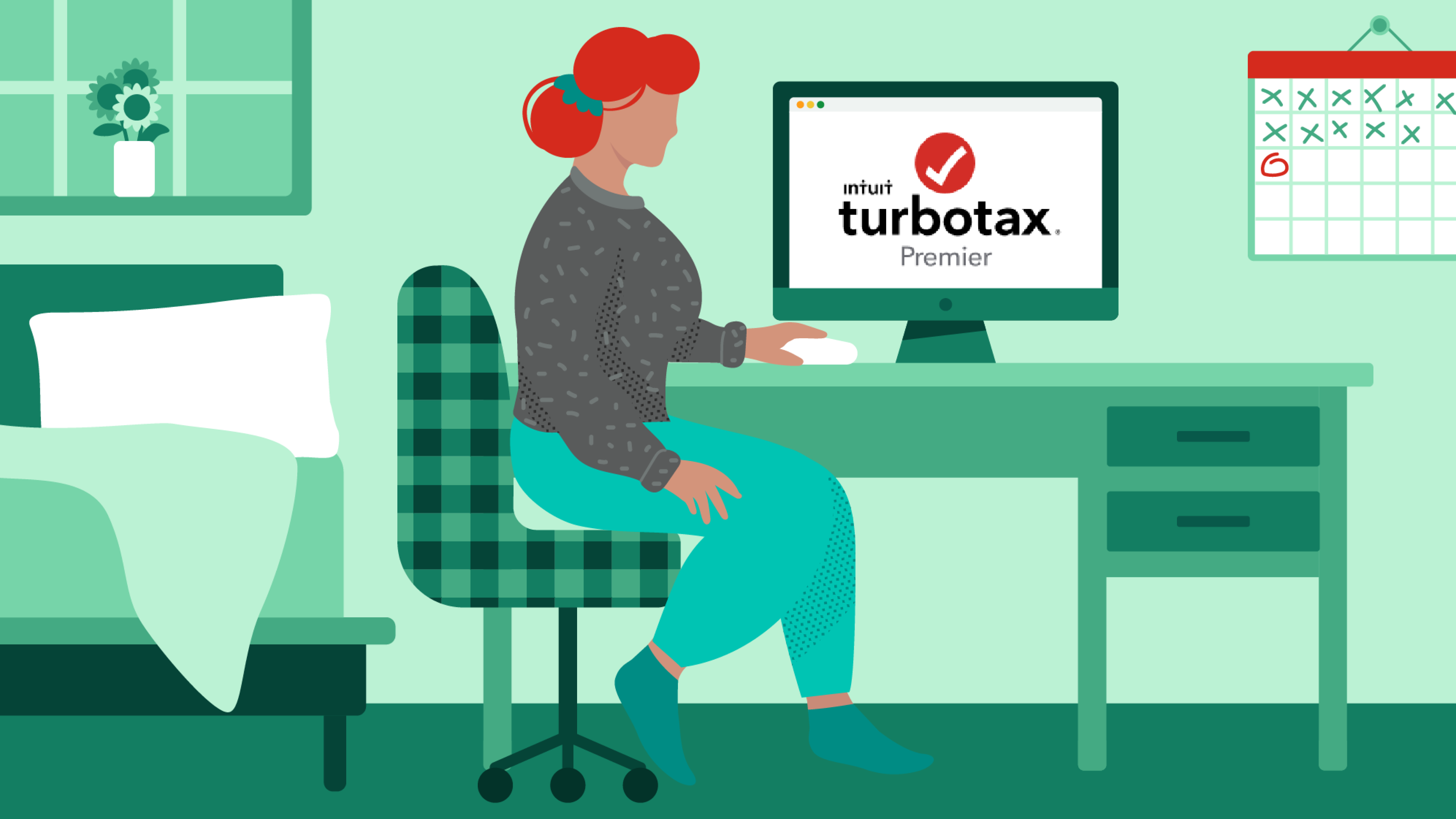Oh, hey. Tomorrow, it's gonna be May. So it's time to say bye, bye, bye to Financial Literacy Month. Our last money myth to bust: everyone needs six months' worth of expenses in an emergency fund. Keep reading to see why that's not always true. BTW, next we're celebrating Asian American and Pacific Islander (AAPI) Heritage Month. Share a money lesson from the AAPI elders in your life here.
Headlines, Skimm’d
Family matters. On Wednesday, President Joe Biden addressed the joint session of Congress for the first time – with two women backing him up. One major talking point: his $1.8 trillion American Families Plan to make education and childcare more affordable. And to keep a few key tax credits from the last rescue package. How he could pay for it: higher capital gains taxes for top-earning Americans and other tax hikes. Psst...it's Biden's 101st day in office. We Skimm'd what he's done on a few major money issues here.
Possible vaccine side effect: tax credits. *For businesses with fewer than 500 employees. Those that give paid leave to workers who need time off to get and/or recover from their shots qualify for a new tax credit of up to $511 per person, per day for up to two weeks.
Well this shucks. Corn prices are rising, due to changing weather conditions. That could be bad news for your wallet, even if you aren’t into veggies. Corn pops up in a lot of products, including certain home-building materials and ethanol fuel (which is in most gas). And that's just one commodity that's getting pricier.
Make (Good) Money Choices
If you think an emergency fund has to = six months of expenses...
Know there’s no magic number. Experts often recommend saving up to six months' worth of living expenses. But everyone’s needs are different. Example: you might need more savings if you support other people (like kids or a partner), are self-employed or work in a vulnerable industry. To figure out your target number, imagine a financial emergency (a year-long pandemic comes to mind). If you lost income, what expenses have to be covered? How quickly could you get a new job? Basically, the more uncertain you are about your future, the more you should add to your emergency savings.
If you're wondering if you have too much debt to buy a home...
Try the 28/36 rule of debt-to-income ratios (aka DTI). That's a guideline lenders use when evaluating mortgage applications to decide who can afford to pay them back and who probably has too much debt. Your potential mortgage payment – including principal, interest, taxes, and insurance – should take up no more than 28% of your gross monthly pay (as in, before taxes and deductions get taken out). Adding in your other debt obligations (like student loans and credit cards) should make your DTI 36% max. We Skimm'd more about buying a home with debt here.
If you haven't looked at your budget in a while…
Check in. Because your spending probably shifted (a few times) during the pandemic. Maybe you added things like grocery delivery and virtual workout classes. Now you need to decide whether you'll keep some of those conveniences as more businesses reopen, CDC restrictions loosen, and old expenses reintroduce themselves. (Hi, restaurants and commuting.) You might also want to account for "new normal" costs like COVID-19 testing.
Hot Off The Web
GDP shot up at an annual rate of 6.4% in Q1, bringing the economy closer to pre-pandemic levels.
Big tech earnings season winners: Alphabet and Microsoft.
Biden signed an executive order to raise the minimum wage to $15 for federal contractors.
The Golden State Warriors are getting in on NFTs.
Next week’s SNL host: the self-proclaimed “Dogefather.”
Subscribe to Skimm Money
Your source for the biggest financial headlines and trends, and how they affect your wallet.






